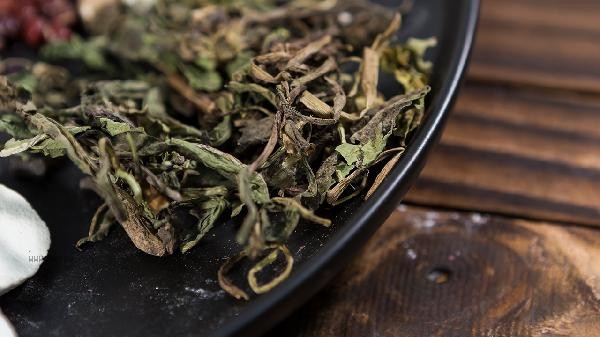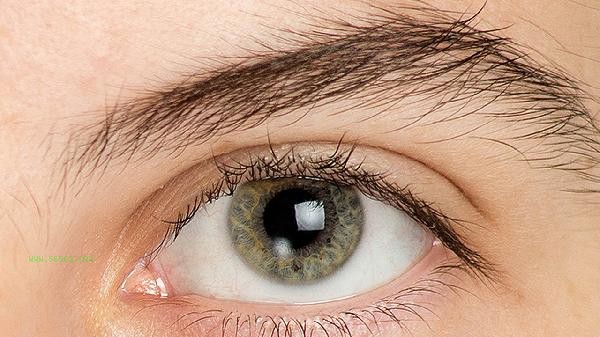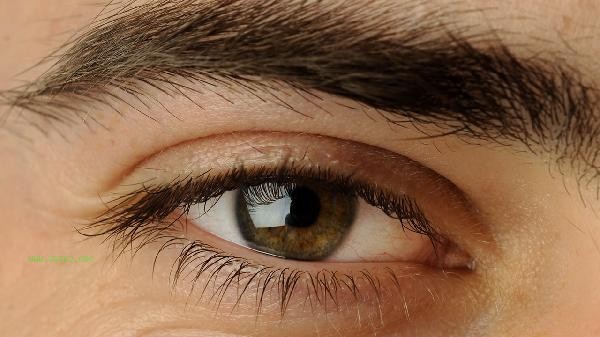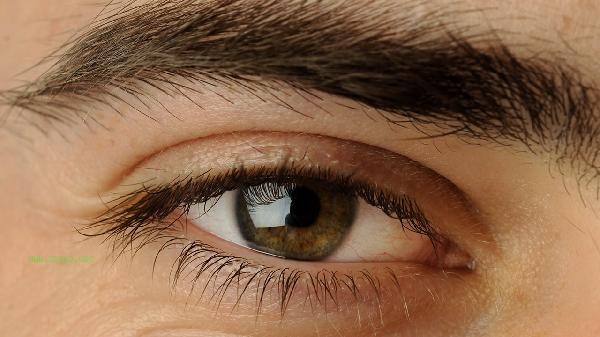Dandelion can be eaten raw and has the effects of clearing heat, detoxifying, diuresis, and reducing swelling. Dandelion contains nutrients such as vitamin A, vitamin C, potassium, and iron. When eaten raw, it is recommended to choose uncontaminated tender leaves, wash them and mix them cold or consume them directly.

When eating dandelions raw, it is necessary to ensure the safety of the source and avoid picking plants on the roadside or spraying pesticides. Fresh dandelion leaves are slightly bitter and can be paired with honey, nuts, and other ingredients to enhance the taste. The active ingredients such as dandelion extract contained in it help stimulate the secretion of digestive juices, promote gastrointestinal peristalsis, and have a certain relieving effect on mild digestive disorders. But for those with spleen and stomach deficiency and cold, raw food may cause diarrhea. It is recommended to blanch before consumption.

Some people may be allergic to dandelion pollen, so it should be consumed in small amounts on the first attempt. Dandelion roots have thicker fiber when eaten raw, which may irritate the oral mucosa. They are more suitable for drying and soaking in water for consumption. Its diuretic effect is obvious, and people with renal insufficiency should not consume it in large quantities. Dandelion may interact with some anticoagulant drugs, and people taking warfarin and other drugs should be cautious.

Dandelion leaves can be added to salads or mixed with eggs and flour to make pancakes for daily consumption. When storing, it can be washed and dried before freezing to avoid nutrient loss. Although dandelion has certain health benefits, it cannot replace medication for treating diseases. It is recommended to consult a doctor before consuming large quantities for a long time. Combining a balanced diet and moderate exercise can better enhance its health benefits.








Comments (0)
Leave a Comment
No comments yet
Be the first to share your thoughts!